_poster.jpg)
M. Night Shyamalan is a very easy person to make fun of. For the past decade he has helmed a series of cinematic bombs, eroding his once acclaimed reputation, to the point where most people associate him more for his recent failures rather than his past successes. I am certainly amongst this group, I have seen many of his recent films and have been shocked by their bafflingly bad dialogue, wooden acting and moronic plotting. The Happening in particular is so bad that I find it truly hilarious, perhaps the greatest so bad it's good film in recent memory.
However, although Shyamalan's failures can often amuse me, they can also enrage me. The Last Airbender is a film based upon the animated show Avatar: The Last Airbender. I have a fondness and affection for this show that is difficult to match and my love for it goes back many years. Shyamalan failed to do even a single element of this world that I adored justice and created what may very well be the most anger inducing film I have ever seen. So along with being a punchline in my book, Shyamalan also created what I consider to be my least favourite film of all time.
So with all of that prior baggage concerning this filmmaker, I was surprised when I actually enjoyed his most recent film, The Visit. It is far from great and it is deeply flawed, however there are some elements of it that I found quite admirable. The opening sequence was one of these elements.
The Visit is a found footage horror film, found footage currently being one of the most overdone and tired styles in mainstream western cinema. It has been this way ever since Paranormal Activity revived the genre eight years ago. However Shyamalan decides to base his film far more on the template established by the Blair Witch Project the previous leader in the genre. This means that, although The Visit is still highly derivative, it at least derives itself from something less tired and currently overused.
One of the key elements that the film derives from The Blair Witch Project is basing the narrative around the production of an fictional amateur film, a film within a film. The Visit takes the amateur element further however, by making the fictional film the pet project of a single teenager. This is quite important to the film overall, as the idea of scaling down personalising pre-existing tropes and concepts is central to the tone and atmosphere of the narrative.
In the opening scene we watch an interview being conducted between the teenager (Becca) and her mother. By opening in this way we instantly learn several things about the fictional pet project Becca is conducting. Firstly we assume that this interview will act as the opening of her film, giving us a connection and understanding of the structure of the fictional film and therefore putting the audience in a better position to follow the production throughout the narrative. Secondly we learn from the direction Becca gives her mother that this is a documentary, crating a sense of realism within this entirely fictional aspect of the story. It gives grounding to the film's world at large. Thirdly, by actually going through the effort of setting up a professional style interview, Becca is established as an organised and mature character (or at least filmmaker). This separates Becca from the amateurish characters from The Blair Witch Project, who despite being older conduct interviews with far less direction in less professional locations (usually outside on the street). Probably the best way to summarise the distinction between the character's in Blair and Becca is that Becca's film actual looks like it would be a decent documentary in it's own right, whilst the film in Blair seems roughly shot and repetitive. A trait which sadly carries into the Blaire's actual opening.
All this information is conveyed within three or four seconds of the film beginning and establishes a tone and distinguishes the film from it's direct predecessor. I would argue that despite being highly derivative, this opening improves upon that of Blair due to it's ability to quickly establish the film's tone and character. The opening of Blair is comparatively overly long and repetitive, spending way too much time in the town repeatedly interviewing passers-by with little to no relevant information. Although I would by no means call The Visit a superior film to Blair, it is a great example of how brevity and efficiency can greatly improve a film's opening. After it's clunky opening, Blair has to struggle to make up for lost time and reignite the audience's interest, where as The Visit is able to continue building upon what was established within it's first scene.
The actual contents of Becca's interview gives further details into the character's and establishes the story's themes. We learn of her mother's turbulent relationship with her own parents, as well as Becca's disdain for her deadbeat and absent father. Parallels are immediately established and the inner workings of this family are pushed as important. The film will continue to build upon and add complexity to these familial themes and relationships in future scenes, however those scenes would fall flat if not for the solid groundwork laid down here.
The Visit is also an excellent example of a bookend formatted film, where the beginning and ending exist to wrap up the narrative and are noticably destinct from the main meat of the film. The ending scene is almost identical to the opening, Becca is interviewing her mother about the same topics (the past with her parents) in the exact same location. However in this ending the Mother is willing to divulge far more than before, as a result of the events which occur during the main body of the narrative. This ending brings closure to the narrative and ties up the themes of the film nicely, as well as being another example of how the film bases almost all of it's drama upon the simple foundation established in the opening interview.
The opening scene of The Visit is a very strong example of how an opening scene can make or break a film. If the narratives engaging and fairly moving themes of family and forgiveness were not established so well here, along with the roles and basic personality of our lead character, the entire film would have fallen apart completely. This scene is probably the strongest piece of filmmaking Shyamalan has helmed in over a decade and if we are incredibly lucky, it may signal a new stage in the career of the once crowned Prince of failure.
By Jack D. Phillips
Openings #1
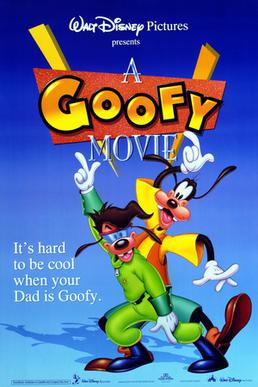
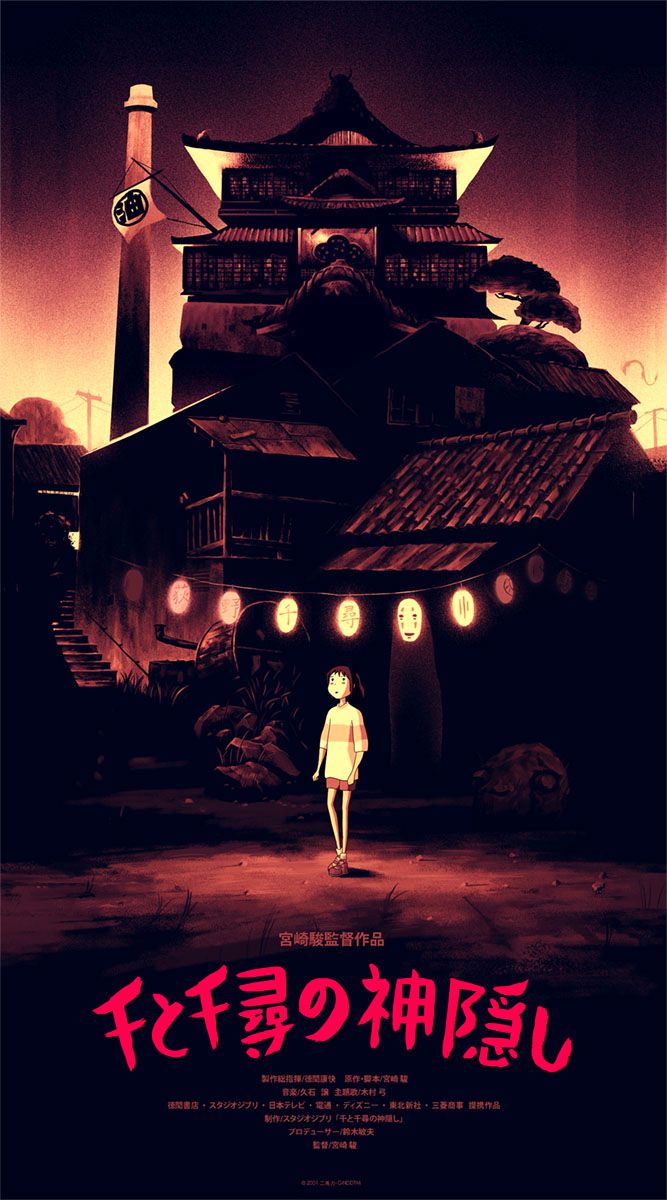
.jpg)
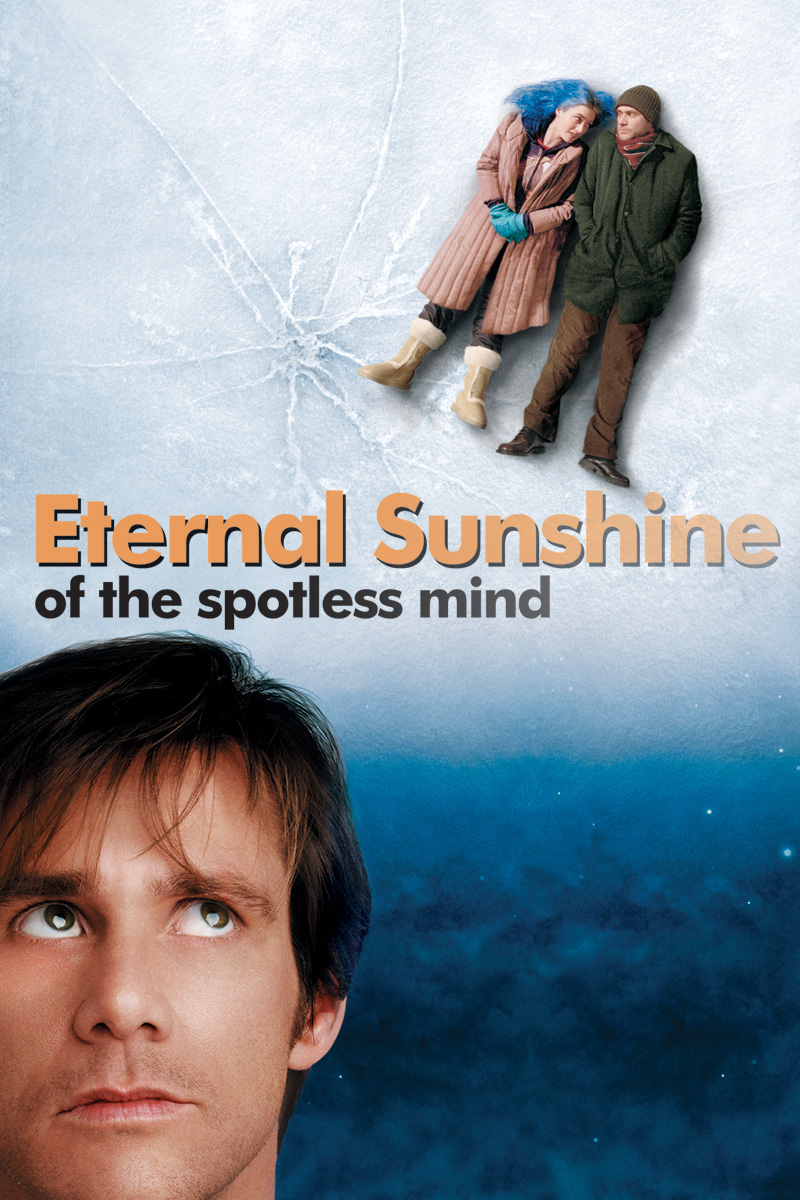
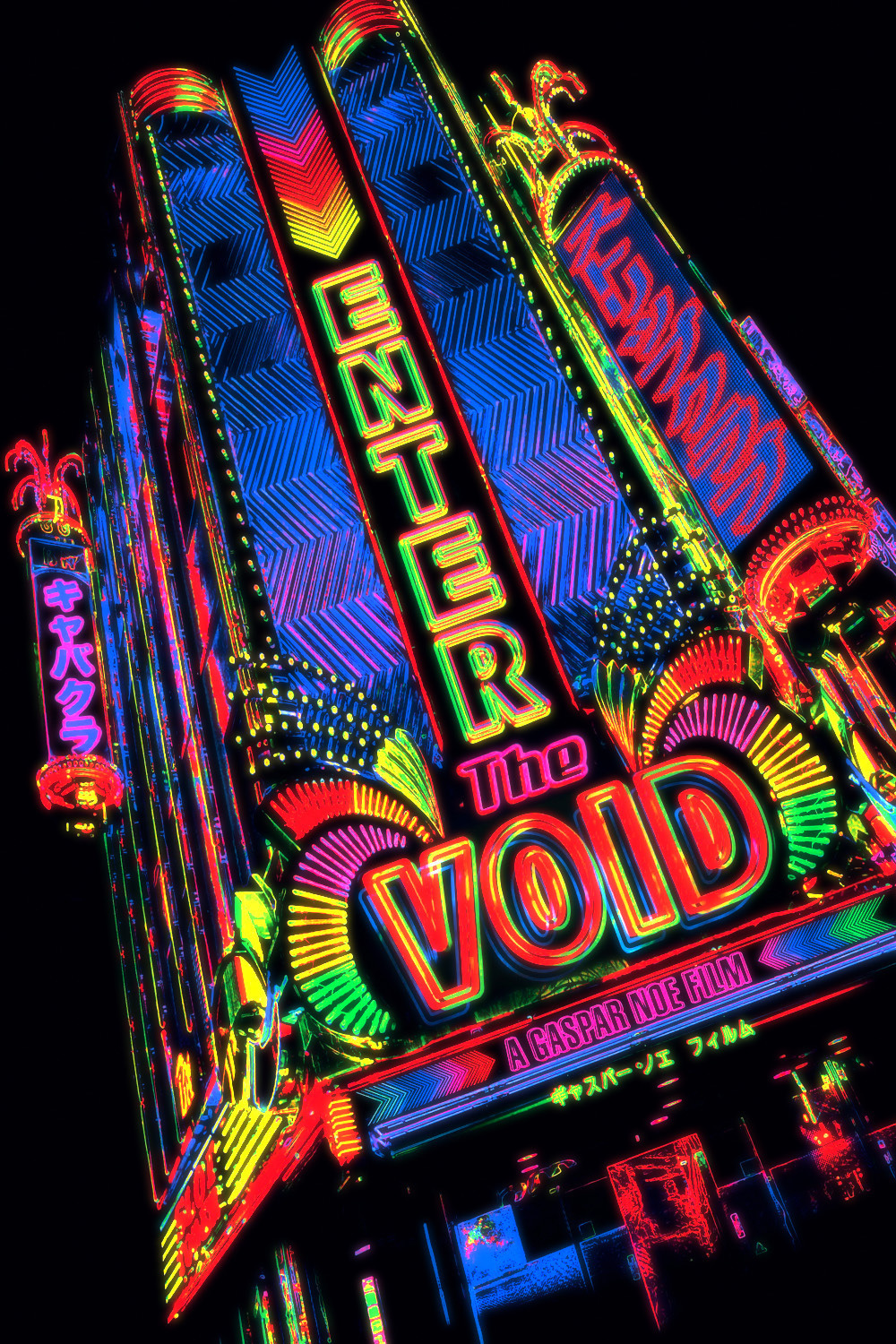


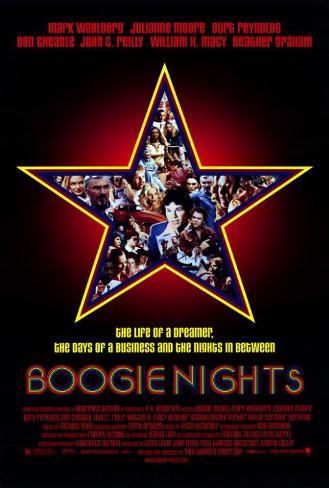
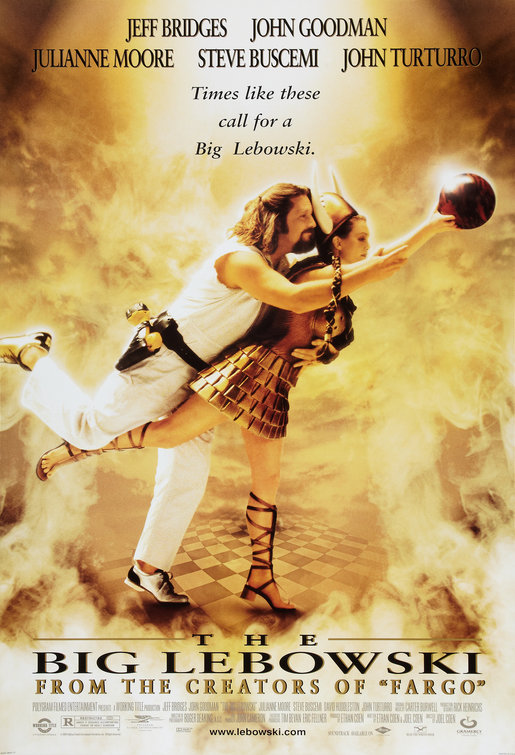

_poster.jpg)






